
Catalog / Hyundai
Hyundai: from the origins to the present day - analysing the cost of models
Hyundai is a South Korean car manufacturer. The headquarters of the brand is located in Seoul. A company that, unlike most European and American brands, does not have a long history. The company that bears the name Hyundai was founded only in 1947. Initially, it was engaged in the construction business. The automobile business started in 1967 when a division called Hyundai Motor Co. Ltd. was spun off.
The first cars were based on Ford technology and were produced under licence. In 1975, the first model developed by Hyundai came off the assembly line. It should be noted that despite the little experience, the brand managed to achieve high sales figures, and today the brand's cars are sold in more than 200 countries. This was also facilitated by a short cooperation with Daimler-Chrysler. The success is also due to such characteristics as high reliability, recognised mainly in the German market and an unprecedented for Europe warranty period of up to seven years.
Today, Hyundai is one of the largest car manufacturers in the world.

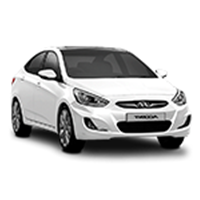
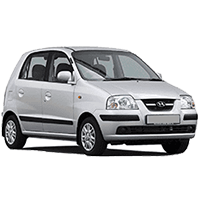
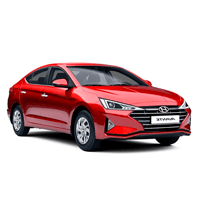
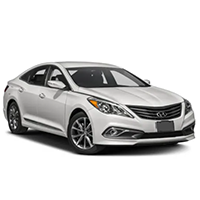
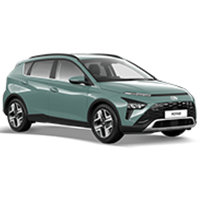
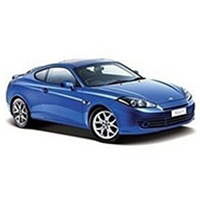
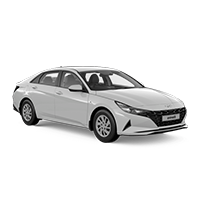

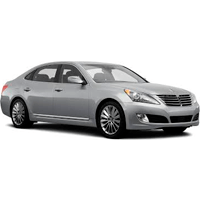
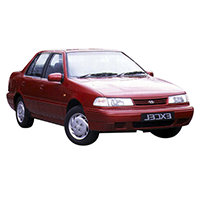

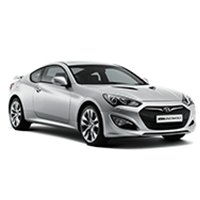
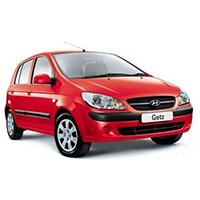

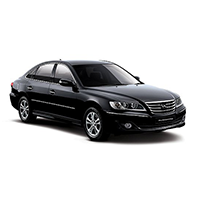
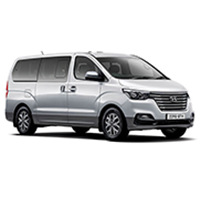
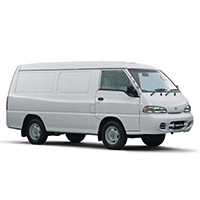
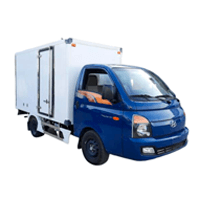
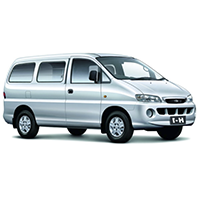
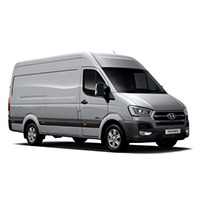
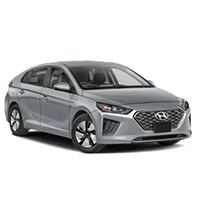
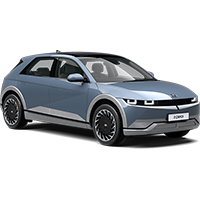
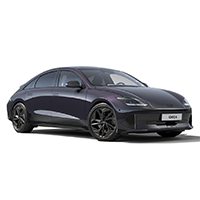
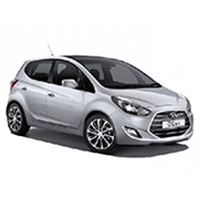
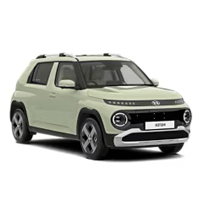
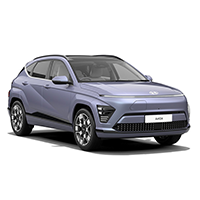
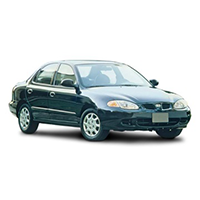
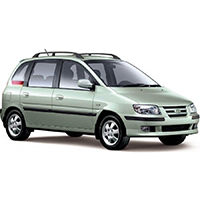

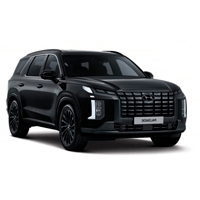
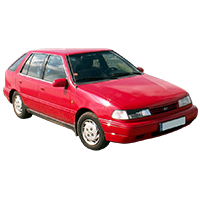
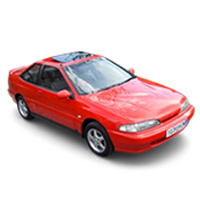
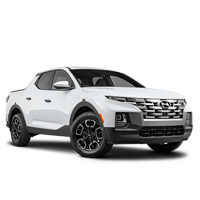

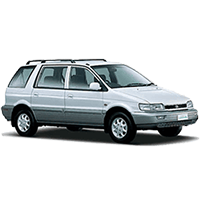
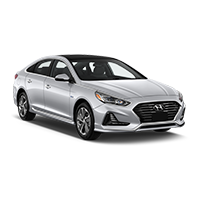
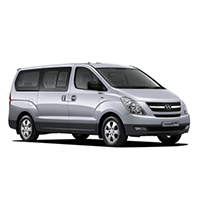
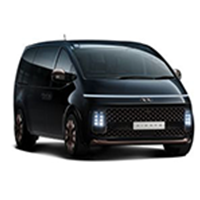
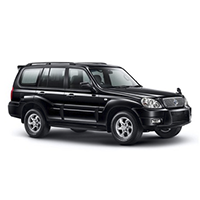
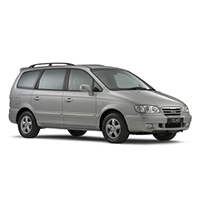

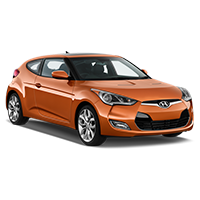
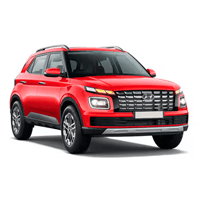
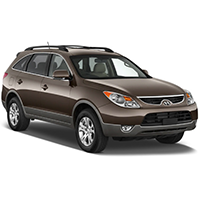
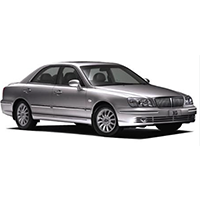
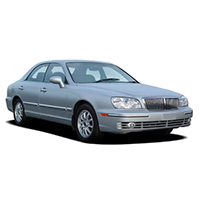
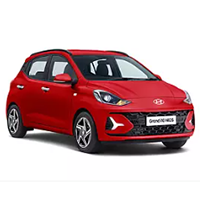
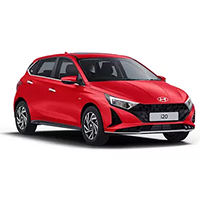
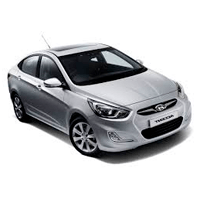
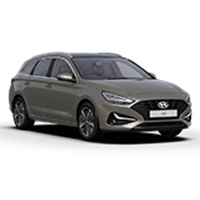
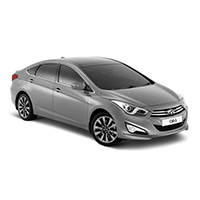
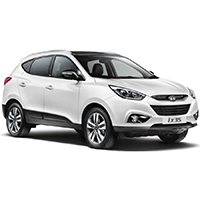

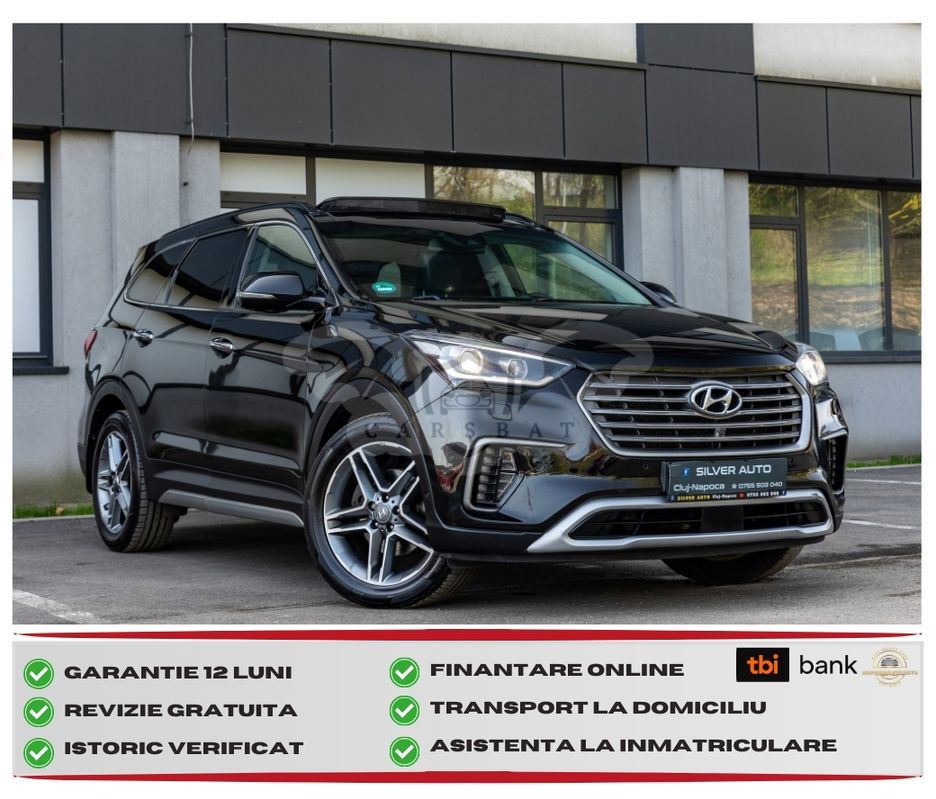
![Hyundai i20 III [2020 - Prezent] 1.0 l T-GDi 100CP 5DR Led Line 2021 Hyundai i20 III [2020 - Prezent] 1.0 l T-GDi 100CP 5DR Led Line 2021](https://cdn-img.carsbat.com/autovt/7056430131/7056430131.jpg)
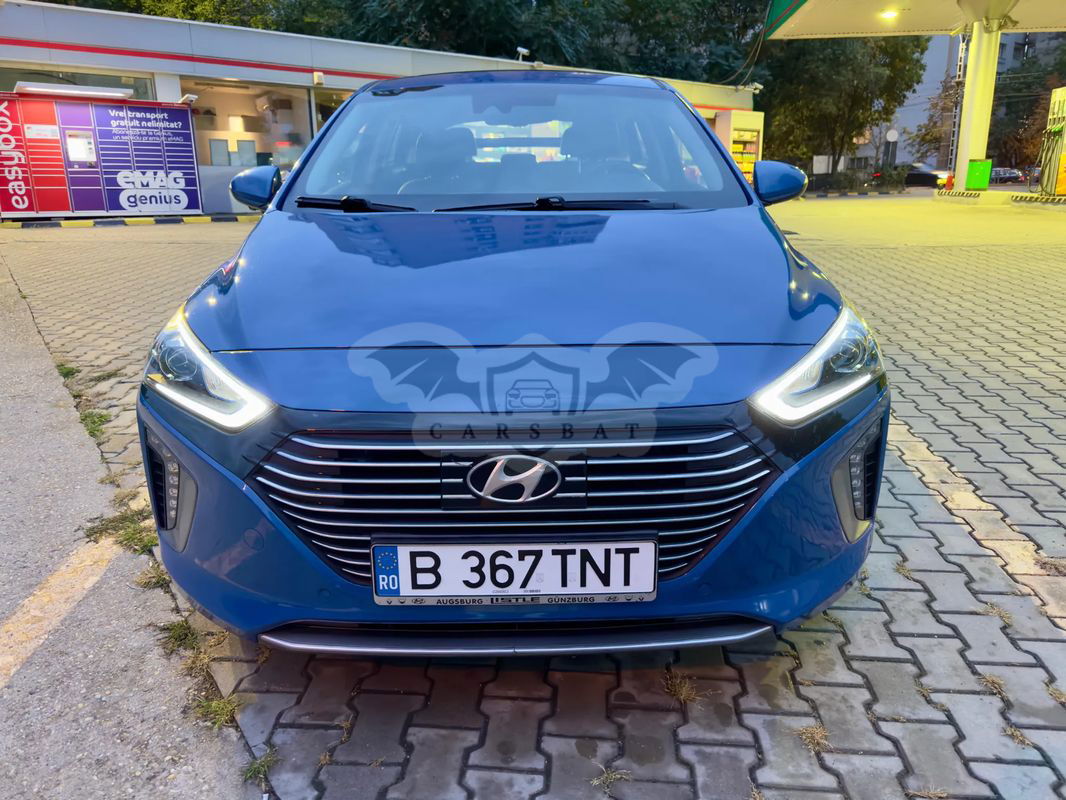
![Hyundai Tucson III [2015 - 2020] 2.0 CRDI 2WD Style 2015 Hyundai Tucson III [2015 - 2020] 2.0 CRDI 2WD Style 2015](https://cdn-img.carsbat.com/autovt/7056597453/7056597453.jpg)
![Hyundai Tucson III [2015 - 2020] 2015 Hyundai Tucson III [2015 - 2020] 2015](https://cdn-img.carsbat.com/autovt/7056598881/0_tmaj3815agj008502_w3zf.jpg)
![Hyundai Tucson III [2015 - 2020] blue 1.7 CRDi 2WD DCT Passion 2017 Hyundai Tucson III [2015 - 2020] blue 1.7 CRDi 2WD DCT Passion 2017](https://cdn-img.carsbat.com/autovt/7056597910/0_tmaj3815ghj204654_iay1.jpg)
![Hyundai Santa Fe III [2013 - 2018] 2.2 CRDi 4WD Luxury Pack+ 2015 Hyundai Santa Fe III [2013 - 2018] 2.2 CRDi 4WD Luxury Pack+ 2015](https://cdn-img.carsbat.com/autovt/7056599458/0_kmhsw81xdfu507352_bksm.jpg)
![Hyundai Accent III [2006 - 2010] MC 1.6 DOHC GLS FULL 2007 Hyundai Accent III [2006 - 2010] MC 1.6 DOHC GLS FULL 2007](https://cdn-img.carsbat.com/autovt/7056677368/0_nlhcn41cp7z045747_axky.jpg)
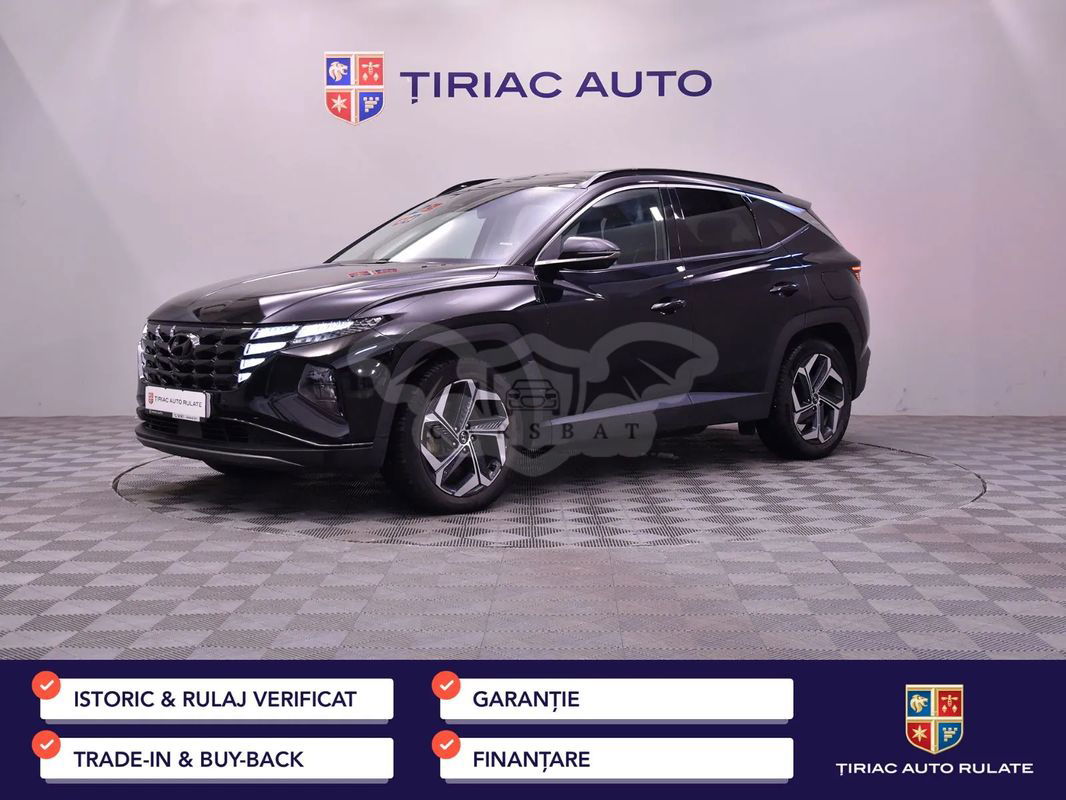
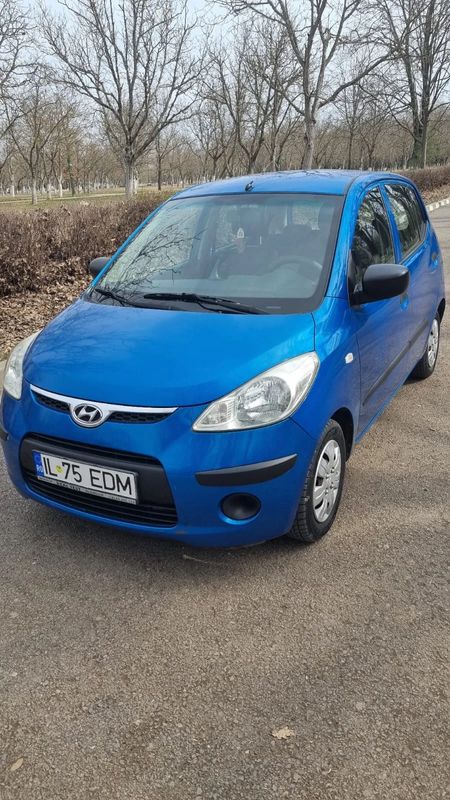
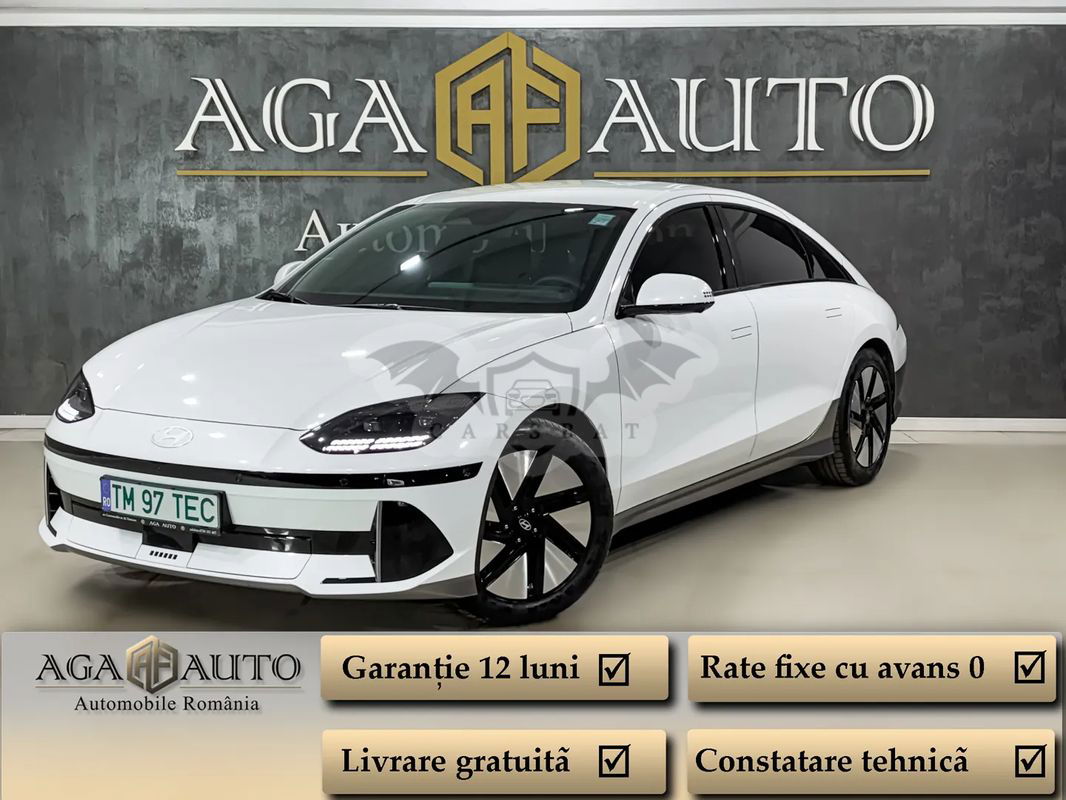
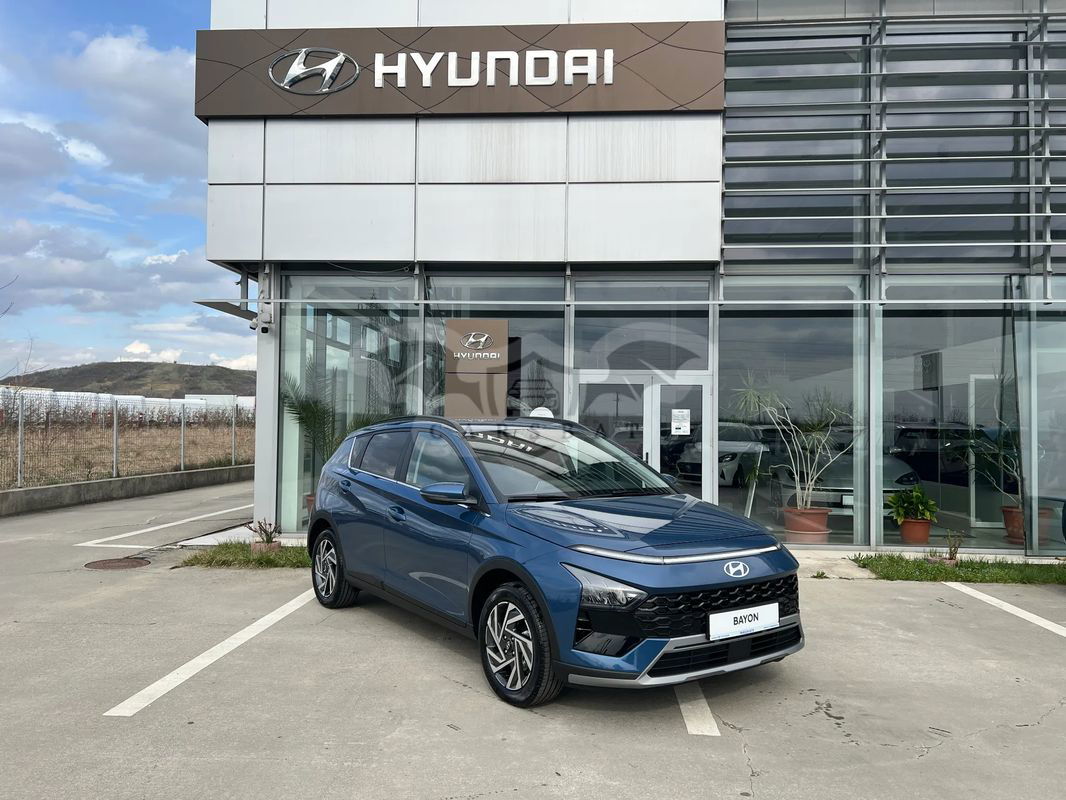
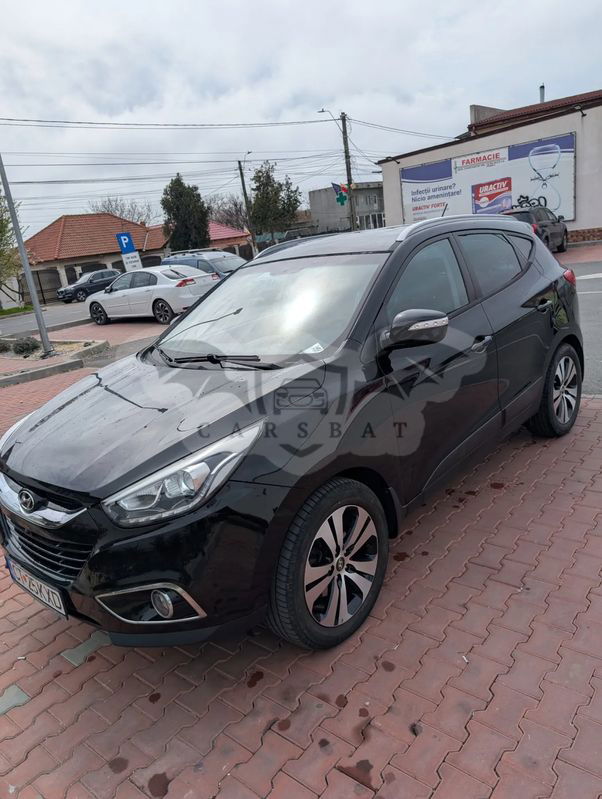
![Hyundai Tucson III [2020 - Prezent] PHEV 1.6 l 265 CP 4WD 6AT Luxury 2021 Hyundai Tucson III [2020 - Prezent] PHEV 1.6 l 265 CP 4WD 6AT Luxury 2021](https://cdn-img.carsbat.com/autovt/7056538586/0_tmaje812dnj044914_l90s.jpg)
![Hyundai i30 I [2007 - 2012] 1.4 DOHC GL CLASSIC 2010 Hyundai i30 I [2007 - 2012] 1.4 DOHC GL CLASSIC 2010](https://cdn-img.carsbat.com/autovt/7052777169/0_tmadb51caaj093253_ytbl.jpg)
![Hyundai i20 II [2014 - 2020] 1.25 M/T LED Line 2019 Hyundai i20 II [2014 - 2020] 1.25 M/T LED Line 2019](https://cdn-img.carsbat.com/autovt/7054118057/0_nlhb351balz590349_tnow.jpg)
![Hyundai i20 III [2020 - Prezent] 1.2 L 79CP 5DR Comfort 2024 Hyundai i20 III [2020 - Prezent] 1.2 L 79CP 5DR Comfort 2024](https://cdn-img.carsbat.com/autovt/7054188774/7054188774.jpg)
![Hyundai Tucson III [2020 - Prezent] 1.6 l 215 CP 2WD 6AT HEV Style 2024 Hyundai Tucson III [2020 - Prezent] 1.6 l 215 CP 2WD 6AT HEV Style 2024](https://cdn-img.carsbat.com/autovt/7054188757/7054188757.jpg)
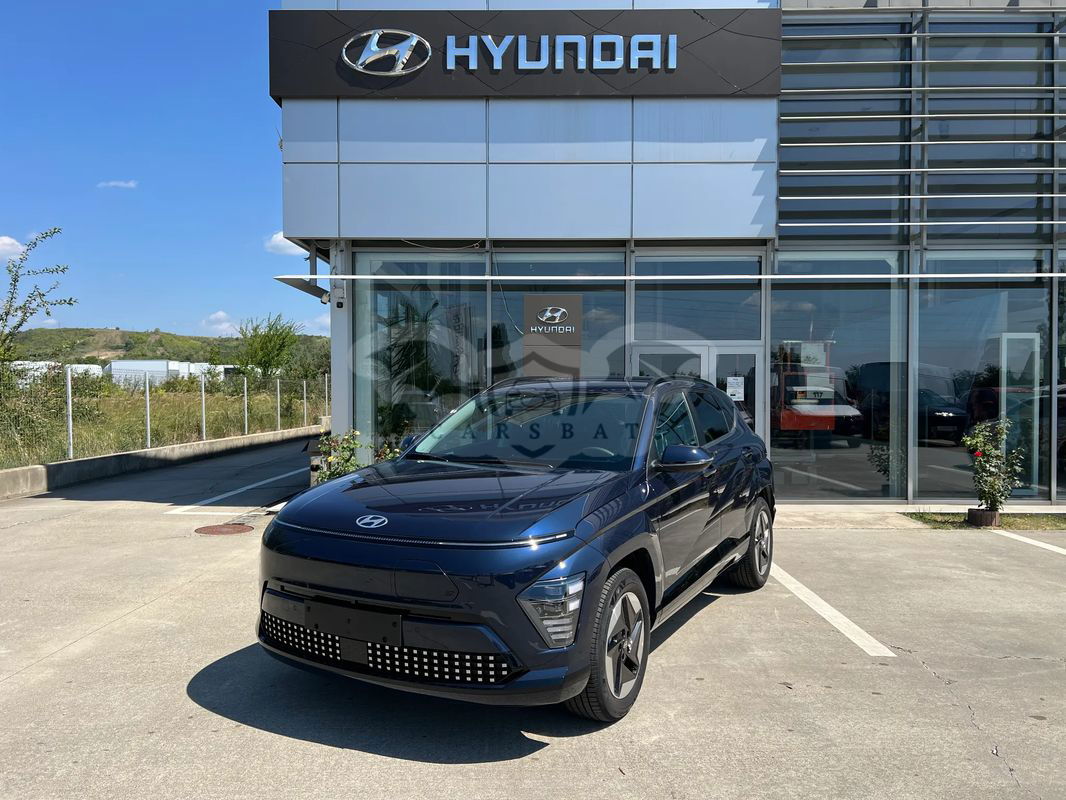
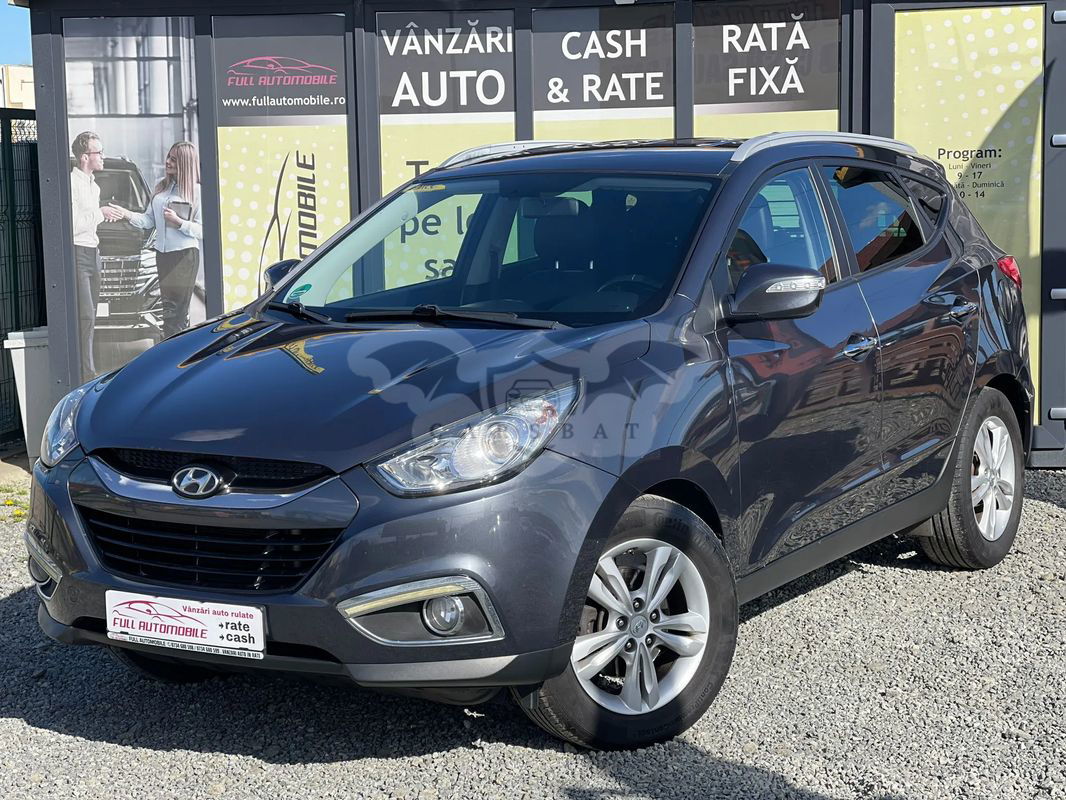
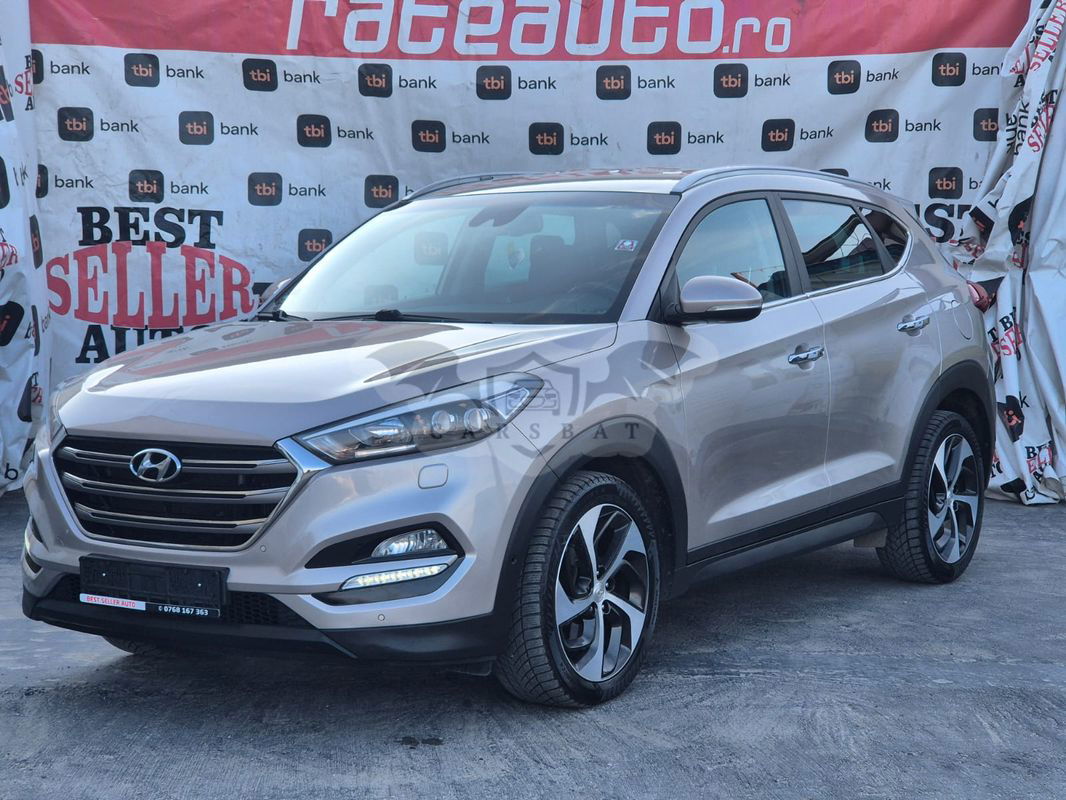
![Hyundai i30 II [2011 - 2017] 2013 Hyundai i30 II [2011 - 2017] 2013](https://cdn-img.carsbat.com/autovt/7056868417/0_tmad351cbdj023690_ju34.jpg)
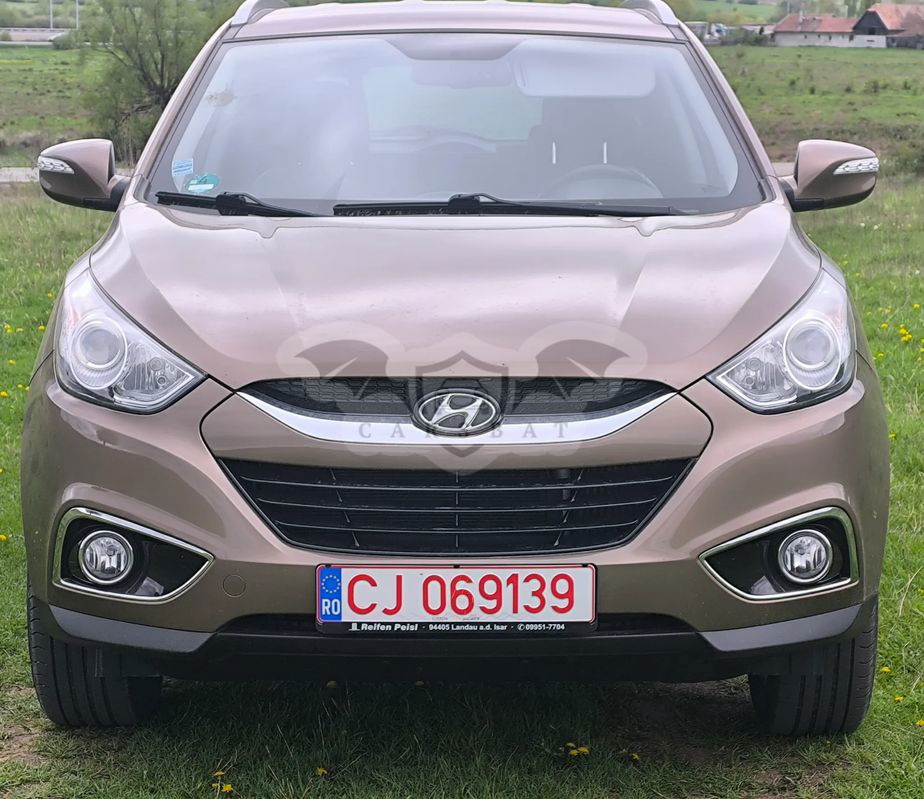
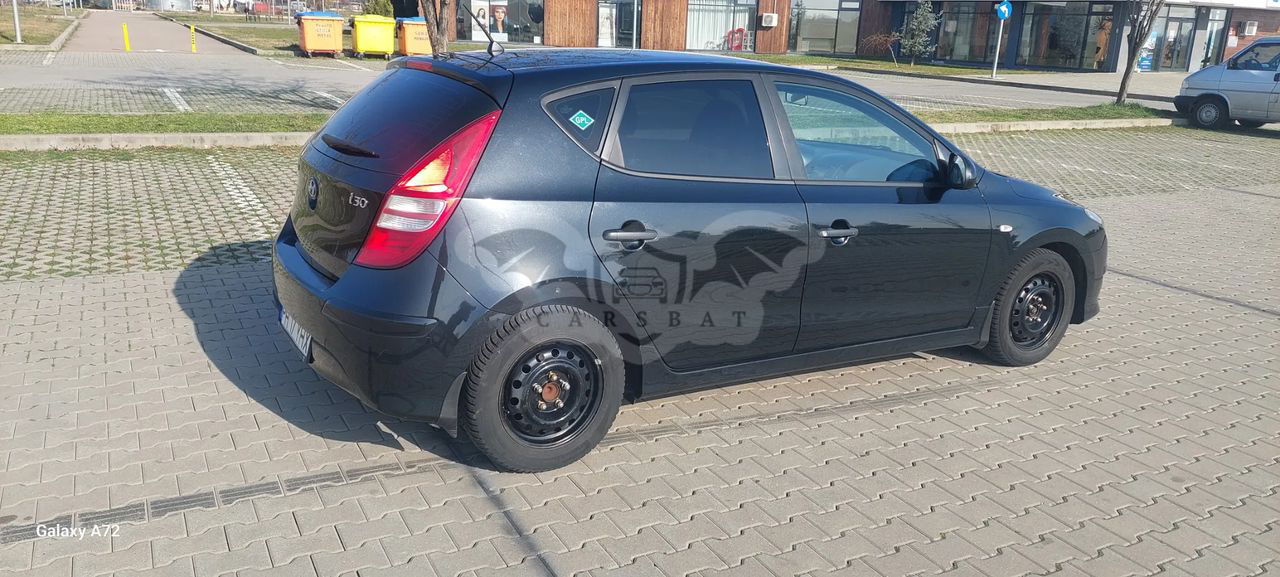
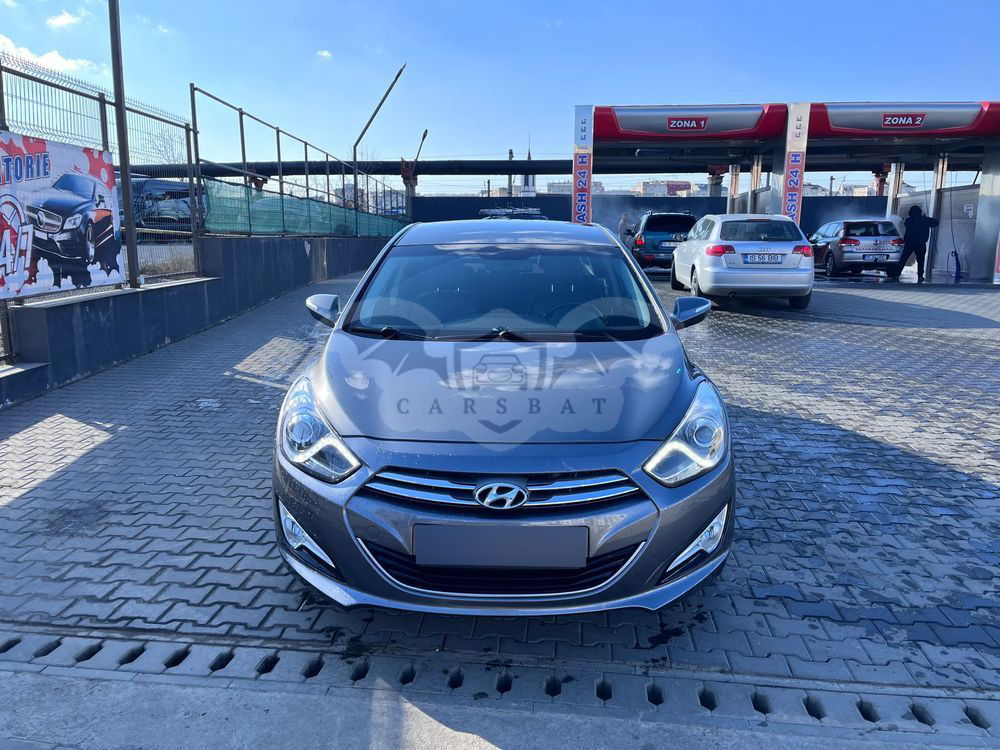
![Hyundai i20 II [2014 - 2020] 1.4 Comfort 2013 Hyundai i20 II [2014 - 2020] 1.4 Comfort 2013](https://cdn-img.carsbat.com/autovt/7056589154/7056589154.jpg)
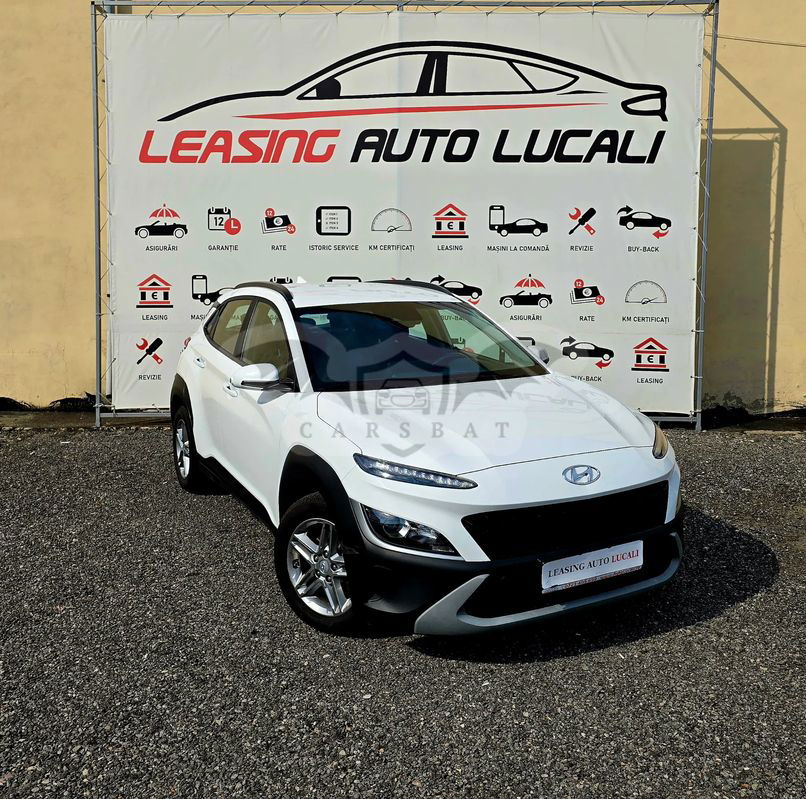
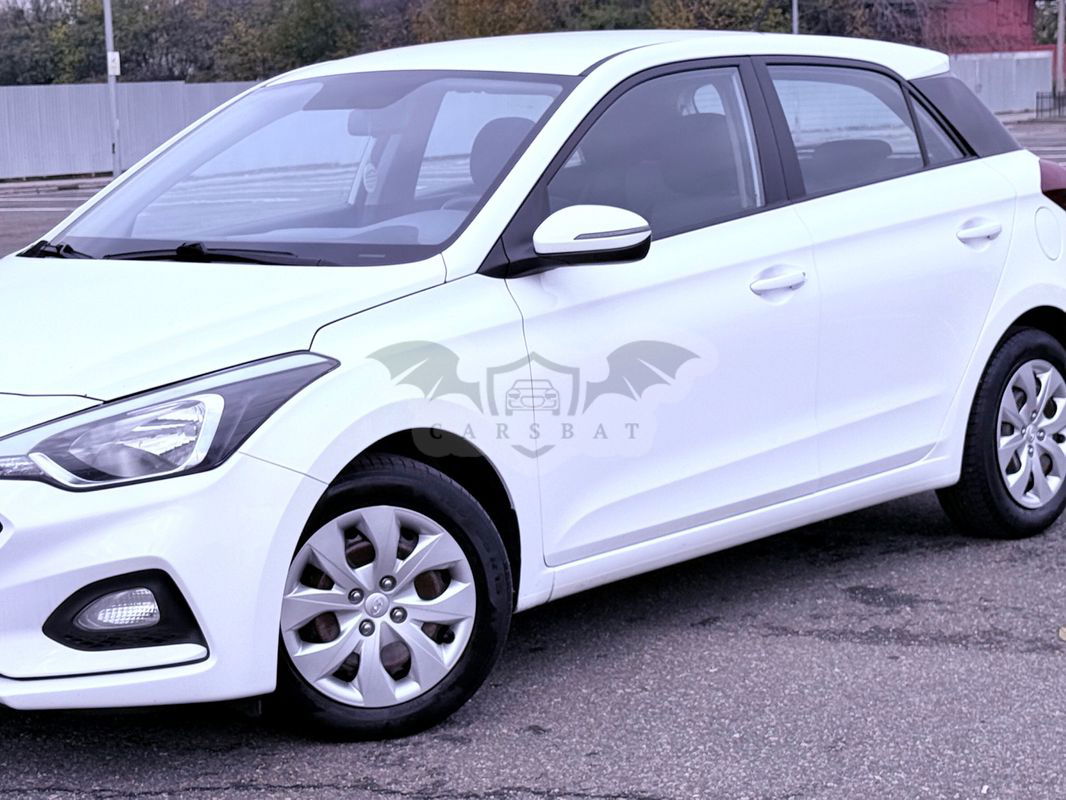
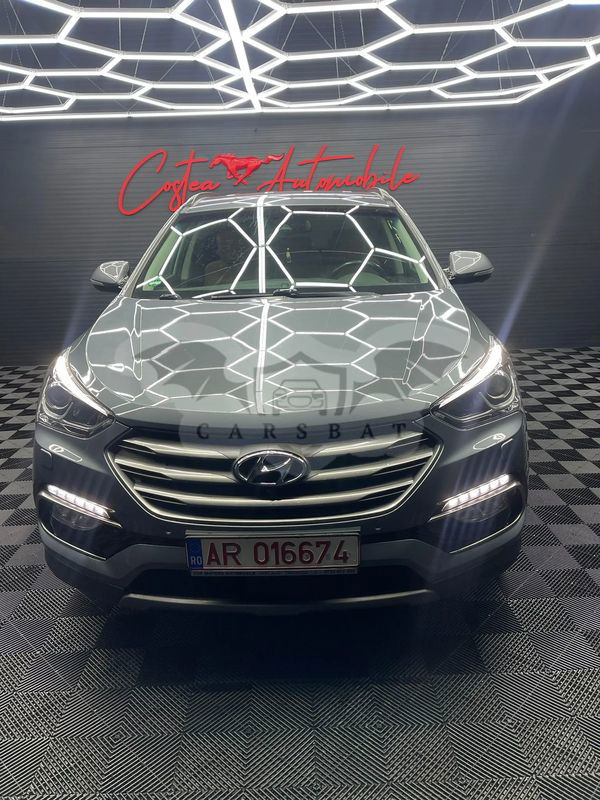
![Hyundai Santa Fe II[2006 - 2013] 2.2 DSL 4WD Aut. Premium 2010 Hyundai Santa Fe II[2006 - 2013] 2.2 DSL 4WD Aut. Premium 2010](https://cdn-img.carsbat.com/autovt/7055985731/0_kmhsh81xdau644389_kfsw.jpg)
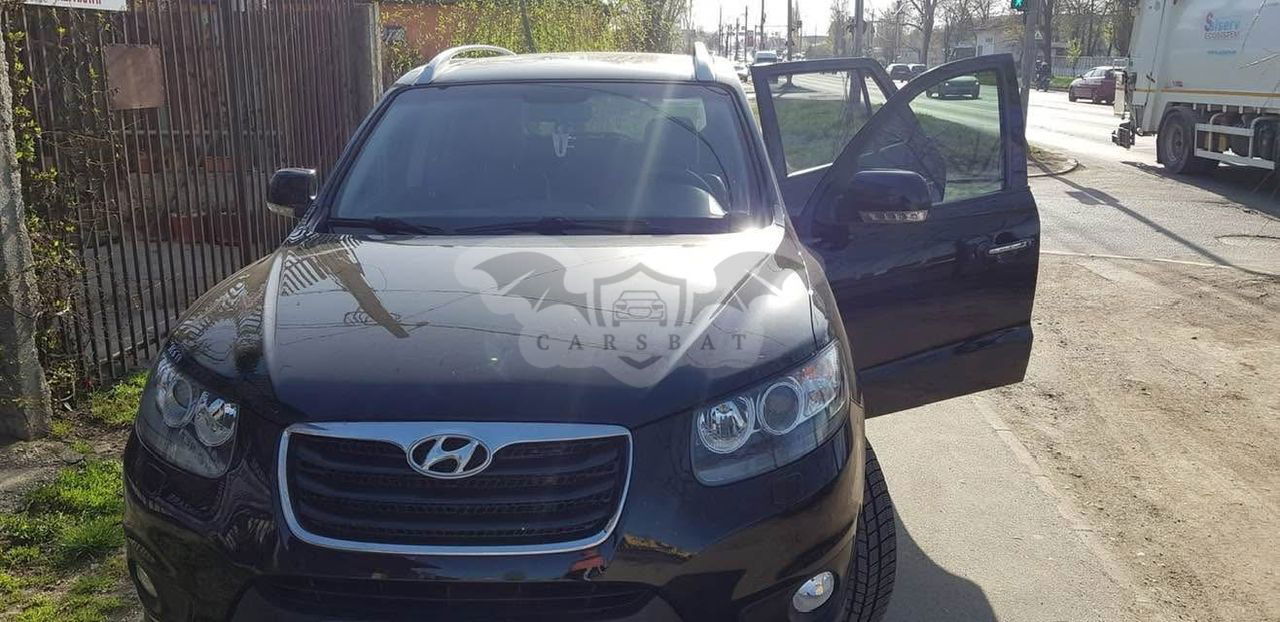
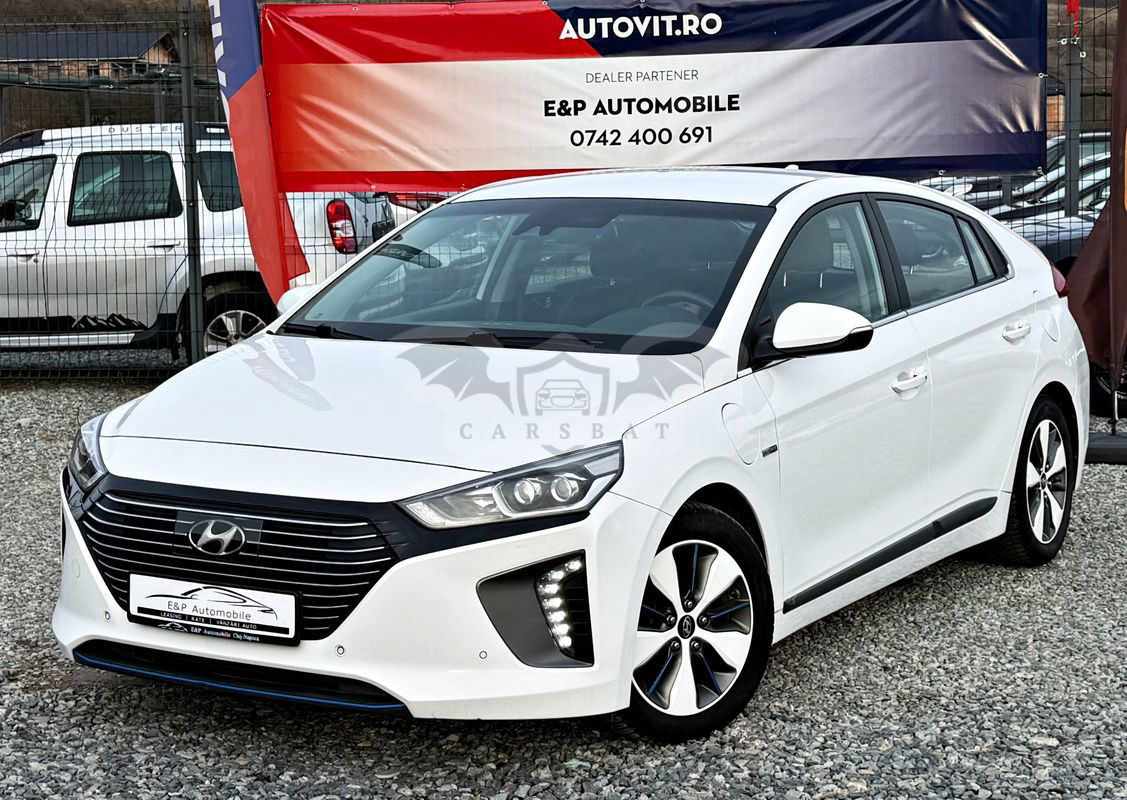
![Hyundai Tucson III [2015 - 2020] blue 1.7 CRDi 2WD DCT Premium 2016 Hyundai Tucson III [2015 - 2020] blue 1.7 CRDi 2WD DCT Premium 2016](https://cdn-img.carsbat.com/autovt/7056578195/0_tmaj3815ghj336160_dwgi.jpg)
![Hyundai Tucson III [2015 - 2020] 2019 Hyundai Tucson III [2015 - 2020] 2019](https://cdn-img.carsbat.com/autovt/7056579377/0_tmaj3817clj013100_3gyy.jpg)
![Hyundai Veloster I [2011 - 2018] 2013 Hyundai Veloster I [2011 - 2018] 2013](https://cdn-img.carsbat.com/autovt/7056611627/0_kmhtc61dgcu053496_t47x.jpg)
![Hyundai Tucson III [2020 - Prezent] PHEV 1.6 l 265 CP 4WD 6AT Luxury 2021 Hyundai Tucson III [2020 - Prezent] PHEV 1.6 l 265 CP 4WD 6AT Luxury 2021](https://cdn-img.carsbat.com/autovt/7056805091/7056805091.jpg)
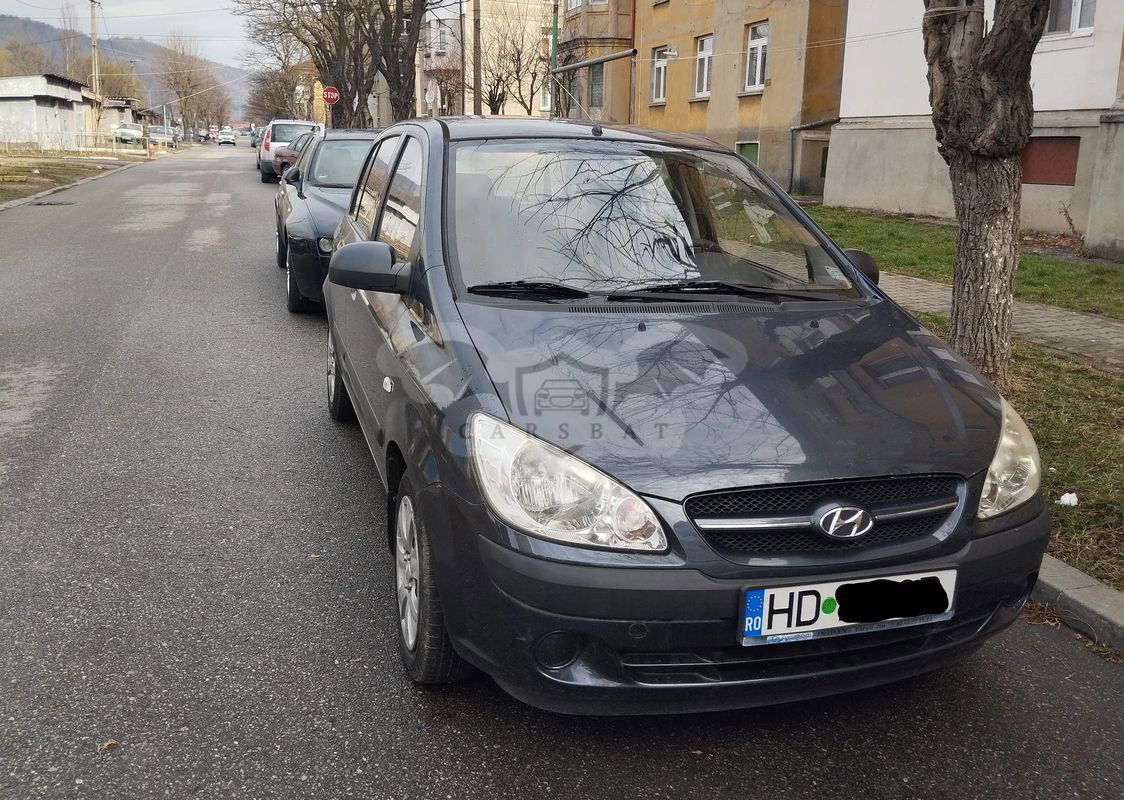
![Hyundai Tucson III [2015 - 2020] 1.6 T-GDi 4WD 7DCT Premium+ 2016 Hyundai Tucson III [2015 - 2020] 1.6 T-GDi 4WD 7DCT Premium+ 2016](https://cdn-img.carsbat.com/autovt/7056298186/7056298186.jpg)
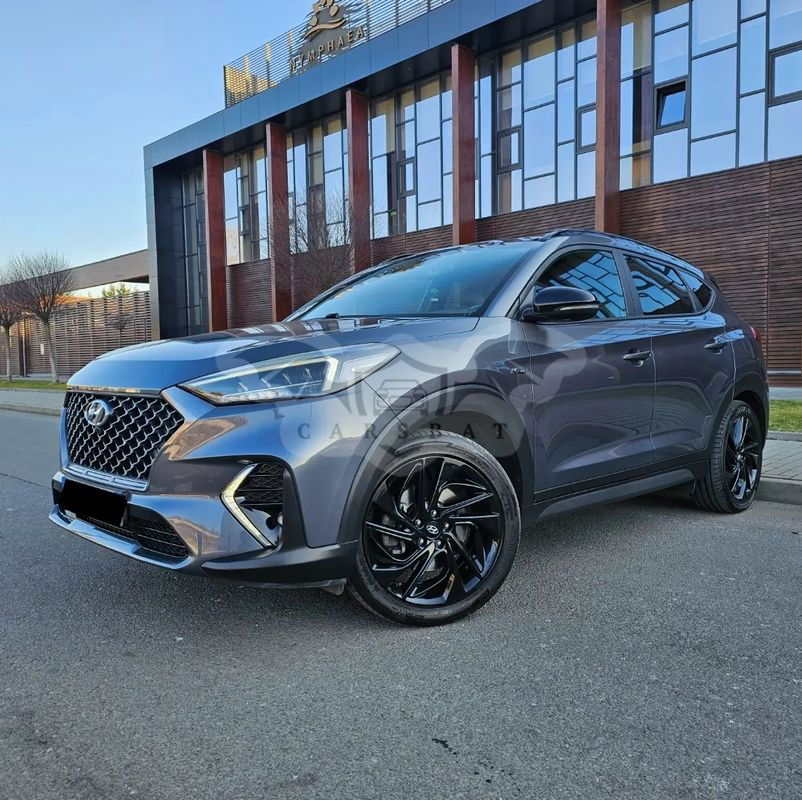
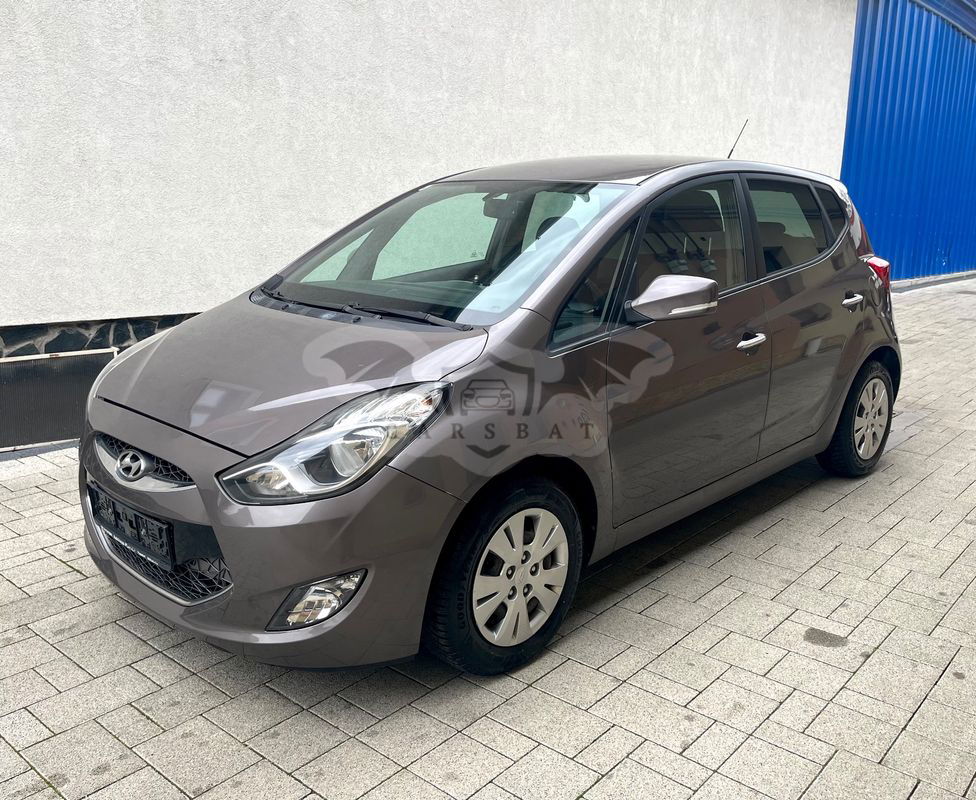
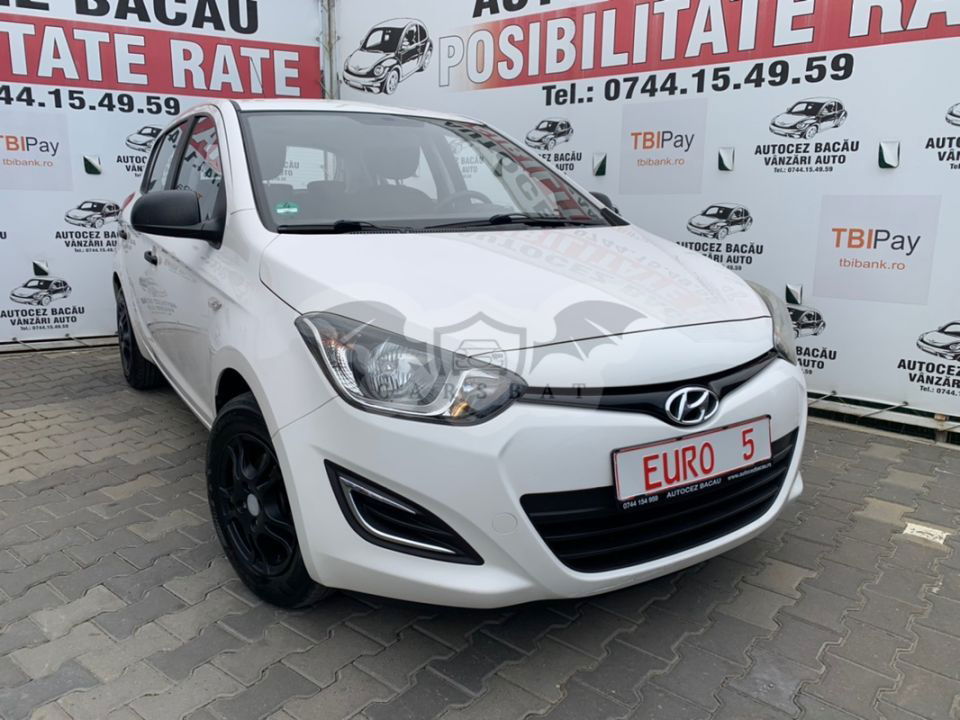
![Hyundai i30 II [2011 - 2017] i30cw 1.4 Classic 2011 Hyundai i30 II [2011 - 2017] i30cw 1.4 Classic 2011](https://cdn-img.carsbat.com/autovt/7053434680/7053434680.jpg)
![Hyundai Elantra VII [2020 - Prezent] 1.6 l 123 CP CVT Highway 2023 Hyundai Elantra VII [2020 - Prezent] 1.6 l 123 CP CVT Highway 2023](https://cdn-img.carsbat.com/autovt/7053541663/0_kmhln41eepu503213_kj3f.jpg)
![Hyundai i30 III [2016 - Prezent] 2020 Hyundai i30 III [2016 - Prezent] 2020](https://cdn-img.carsbat.com/autovt/7055444057/0_tmah351dgmj138838_exge.jpg)
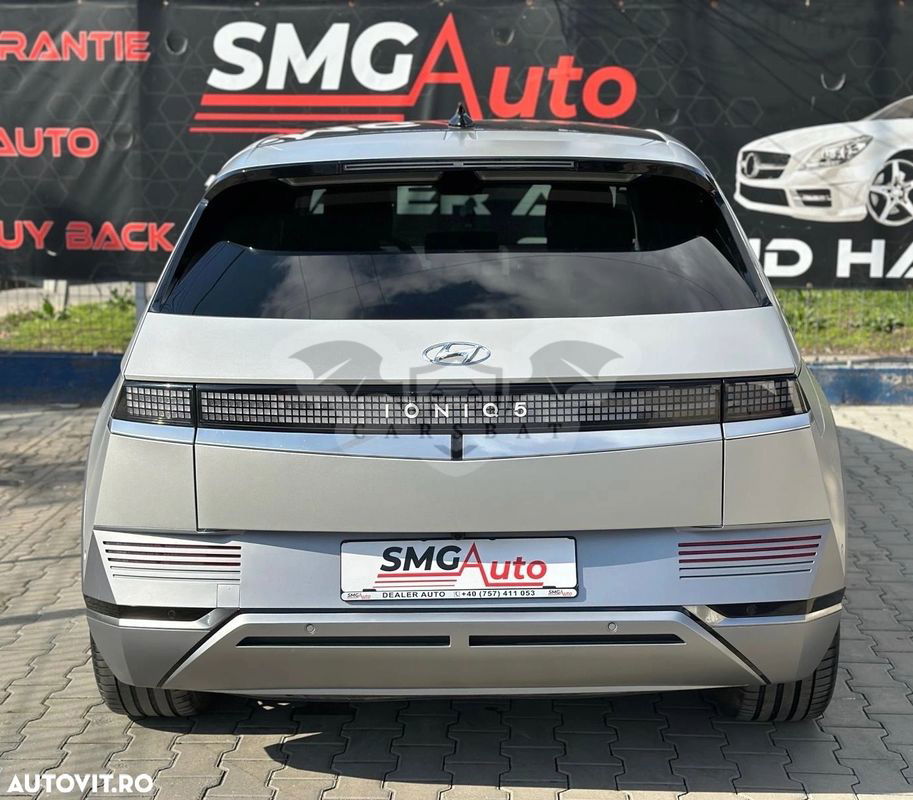
![Hyundai i30 III [2016 - Prezent] 1.5 96CP M/T Comfort 2024 Hyundai i30 III [2016 - Prezent] 1.5 96CP M/T Comfort 2024](https://cdn-img.carsbat.com/autovt/7057013767/0_tmah251c1sj243255_jves.jpg)
![Hyundai i20 III [2020 - Prezent] 1.25 75CP M/T Comfort+ 2019 Hyundai i20 III [2020 - Prezent] 1.25 75CP M/T Comfort+ 2019](https://cdn-img.carsbat.com/autovt/7057010745/0_nlha751aalz546840_1viq.jpg)
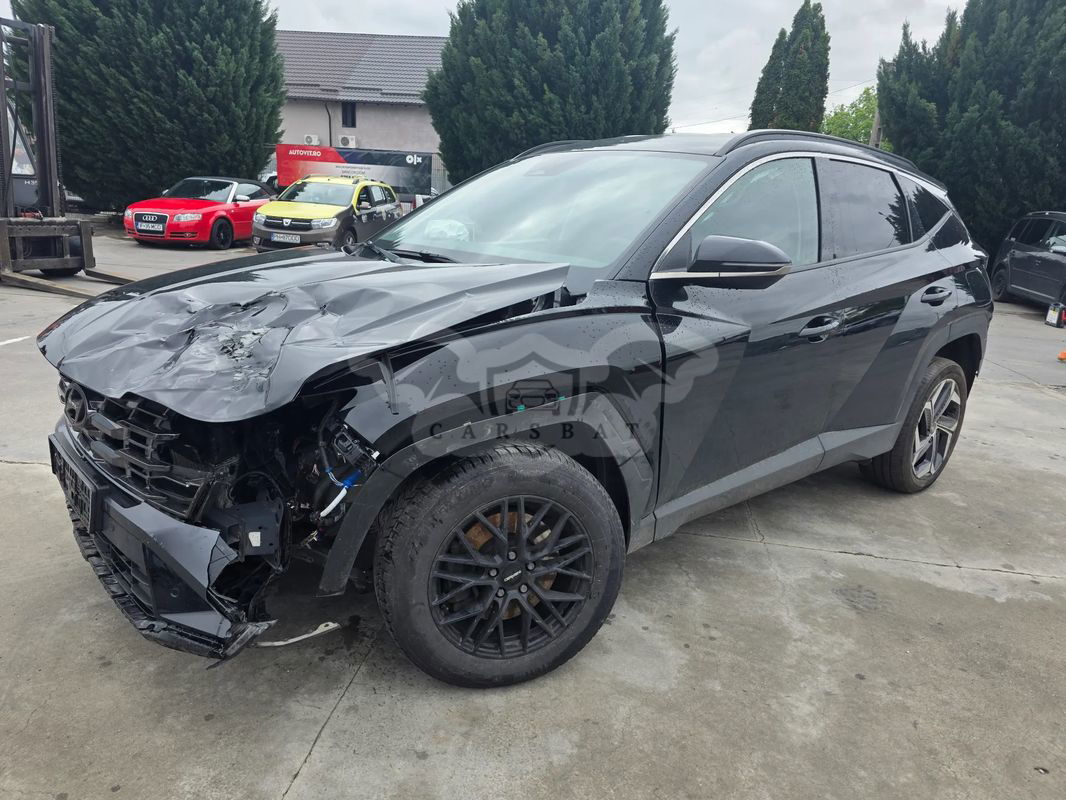
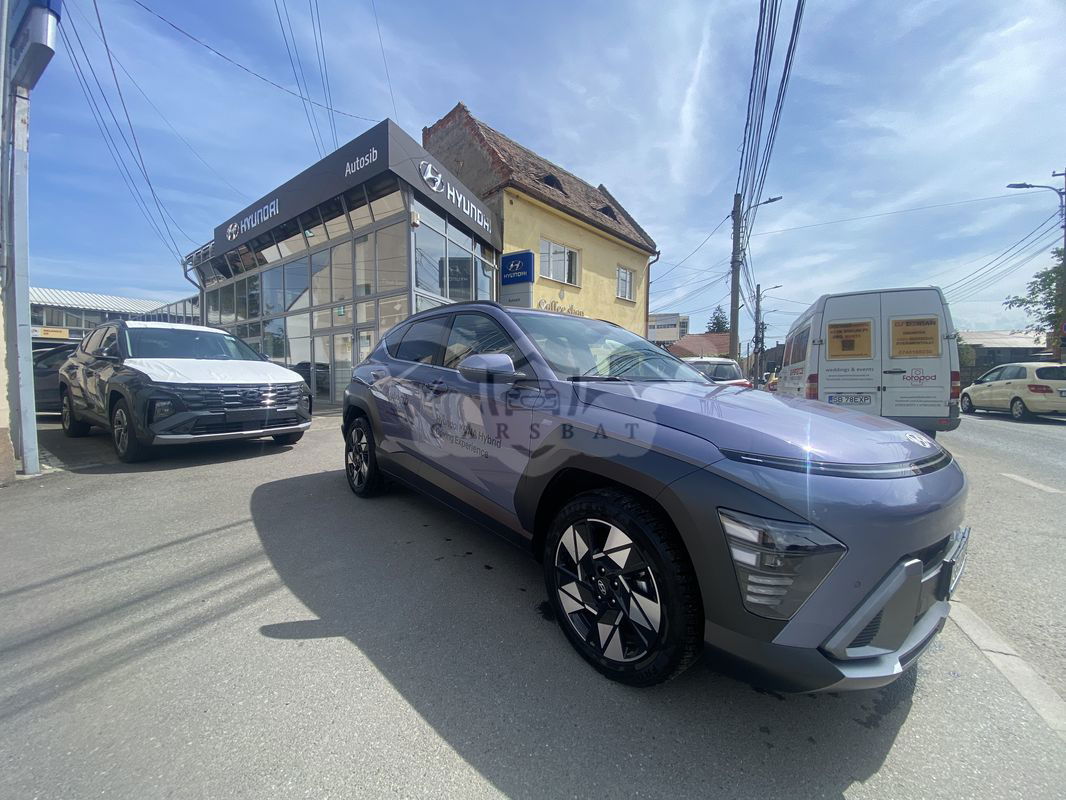
![Hyundai Tucson III [2015 - 2020] blue 1.7 CRDi 2WD DCT Premium 2018 Hyundai Tucson III [2015 - 2020] blue 1.7 CRDi 2WD DCT Premium 2018](https://cdn-img.carsbat.com/autovt/7056934774/0_tmaj3815gjj572145_nyb0.jpg)